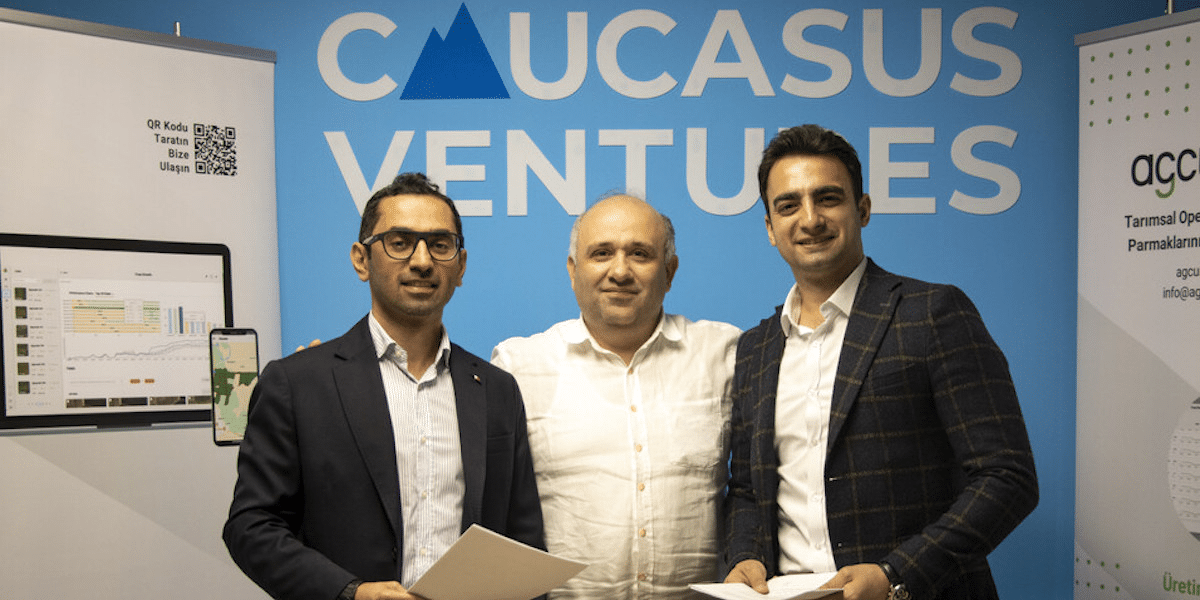In today’s rapidly urbanizing world, cities are more than just economic engines; they are vibrant communities that reflect the diversity of human experience. However, as cities grow, the challenge of ensuring that this development benefits everyone becomes increasingly complex.
Inclusive urban development emerges as a critical approach to address this challenge, focusing on creating spaces that cater to the needs of all citizens, regardless of their economic status, physical abilities, or social background. Visionaries like Ravi Uppal, with a profound understanding of the real estate sector’s impact on communities, are leading the charge in this essential movement.
Understanding Inclusive Urban Development
Inclusive urban development is about creating environments that are accessible, equitable, and beneficial to all community members. It involves designing and implementing development projects with a keen awareness of the diverse needs of the population, ensuring that no one is left behind as cities grow and transform.
Prioritizing Accessibility and Affordability
At the heart of inclusive urban development is the commitment to accessibility and affordability. This means developing housing solutions that are financially accessible to people across different income levels and physically accessible to individuals with disabilities. Projects led by industry professionals often highlight the importance of integrating these principles, demonstrating that inclusivity can go hand in hand with sustainability and innovation.
Fostering Social Cohesion and Community Engagement
Inclusive development also focuses on fostering social cohesion and community engagement. By creating public spaces that encourage interaction and by involving community members in the planning process, developers can ensure that urban projects reflect the needs and aspirations of the residents they serve.
Strategies for Inclusive Urban Development
Implementing inclusive urban development requires a multifaceted approach, combining innovative design, policy advocacy, and community engagement. Leaders in the field are adopting various strategies to make inclusivity a cornerstone of urban projects.
Designing with Diversity in Mind
Design plays a crucial role in achieving inclusivity. This involves considering a wide range of factors, from the layout of public spaces and the accessibility of buildings to the cultural relevance of architectural styles. By designing with diversity in mind, developers can create environments that are welcoming and usable for everyone.
Leveraging Technology for Inclusivity
Technology offers powerful tools to enhance inclusivity in urban development. Smart city technologies, for instance, can improve accessibility for people with disabilities through adaptive infrastructure and digital services. Real estate innovators like Ravi Uppal are exploring how these technologies can be integrated into development projects to serve the community better.
Engaging Communities in the Development Process
Community engagement is essential for inclusive urban development. By involving residents in the planning and decision-making processes, developers can ensure that projects accurately reflect the community’s needs and priorities. This collaborative approach not only leads to better outcomes but also strengthens the sense of ownership and belonging among community members.
Challenges and Opportunities
While the path to inclusive urban development is fraught with challenges, it also presents numerous opportunities for positive change. Navigating regulatory environments, securing funding, and balancing diverse interests require careful strategy and unwavering commitment.
Overcoming Barriers to Inclusivity
One of the primary challenges in inclusive urban development is overcoming the systemic barriers that have historically marginalized certain groups. This requires a concerted effort to change policies and practices that inhibit inclusivity, from zoning laws that restrict affordable housing to design standards that overlook the needs of people with disabilities.
The Opportunity for Innovation
The push for inclusivity also opens up opportunities for innovation in design, technology, and community engagement. Forward-thinking developers are finding creative ways to address inclusivity challenges, from modular housing solutions that can be quickly and affordably deployed to digital platforms that facilitate community participation in the urban planning process.
Visionary Leadership
The success of inclusive urban development initiatives often hinges on the vision and leadership of individuals who are committed to making a difference. Leaders who understand the profound impact that thoughtful and inclusive development can have on communities are essential in driving these efforts forward.
Leading by Example
By prioritizing inclusivity in their projects, leaders set an example for the rest of the industry, demonstrating that it is possible to create urban environments that are equitable, sustainable, and prosperous. Their work inspires others to adopt similar approaches, contributing to a broader movement towards inclusivity in urban development.
Advocating for Change
In addition to leading by example, visionary leaders also play a critical role in advocating for policy changes and increased investment in inclusive development. Through their efforts, they can help to create an enabling environment for inclusivity to flourish, paving the way for more equitable urban futures.
Inclusive urban development represents a powerful approach to building cities that serve the needs of all their residents. By focusing on accessibility, affordability, and community engagement, developers can create urban environments that are not only physically inclusive but also socially cohesive. Visionaries in the real estate sector, like Ravi Uppal, are showing the way forward, proving that with commitment and innovation, it is possible to empower communities and foster a more inclusive world. As cities continue to grow and evolve, the principles of inclusive development will be crucial in ensuring that progress benefits everyone.
Published by: Nelly Chavez












